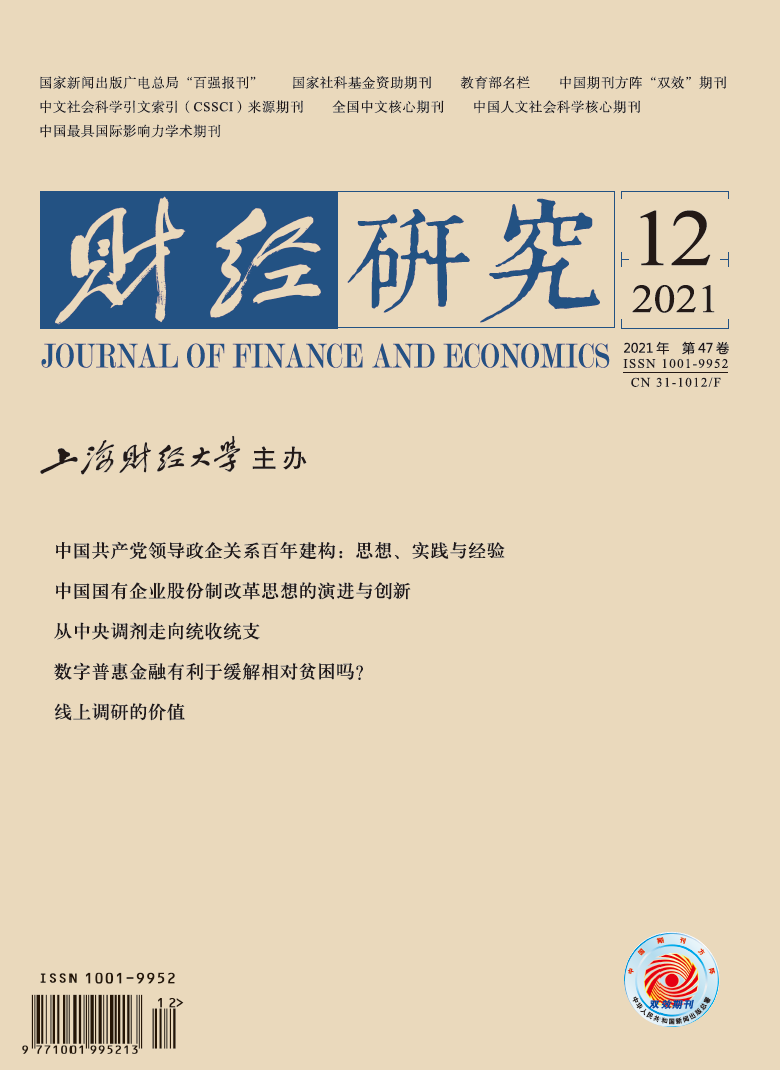With the deepening of population aging, the solvency of pension insurance funds has weakened, and fiscal pressure has increased year by year. Although the central adjustment system for pension insurance eased the payment pressure of provinces with fund losses to a certain extent, it could not significantly reduce the fiscal burden of pension insurance. The Fourteenth Five-Year Plan pointed out that national pooling should be achieved in pension insurance, that is, from the central adjustment system to the unified collection and allocation system. Can this transition reduce the fiscal burden of pension insurance? This paper firstly explains the impact mechanism of national unified collection and allocation on the fiscal burden of pension insurance from the theoretical level, and then uses provincial panel data and actuarial models to quantitatively evaluate it. The result shows that: Firstly, when the central adjustment system is still implemented, the fiscal burden of pension insurance will increase from 258.653 billion Yuan in 2021 to 142.77 trillion Yuan in 2050, and the cumulative fiscal burden will be 1255.94 trillion Yuan. Secondly, if unified collection and allocation is achieved and the central government does not adopt strict supervision, the collection behavior of local governments will change, and the pension insurance collection rate will drop by 16.1%. Although the fiscal burden in 2023 and before will be reduced by at least 82.34% compared with the implementation of the central adjustment system, the fiscal burden from 2024 to 2050 will increase by 12.12%-184% compared with the central adjustment system, and the cumulative fiscal burden will also increase by 21.74%. Thirdly, if the collection rate is further increased, for every percentage increase, the cumulative fiscal burden will drop by 1.11% compared with the implementation of the national unified collection and allocation system. It can be seen that in the process of implementing the national pooling of social pension insurance, the country should pay attention to local governments’ collection behavior change, introduce reward and punishment policies, and improve the collection rate as soon as possible to enhance the pension insurance funds’ ability of dealing with aging. Taking local governments’ collection behavior into account, this paper uses the exogenous policy intervention of pension insurance from the provincial adjustment system to the provincial unified collection and allocation system to approximately analyze the collection behavior change of local governments from the central adjustment system to the national unified collection and allocation system. It provides a feasible way to solve this kind of problem.
 / Journals / Journal of Finance and Economics
/ Journals / Journal of Finance and EconomicsJournal of Finance and Economics
LiuYuanchun, Editor-in-Chief
ZhengChunrong, Vice Executive Editor-in-Chief
YaoLan BaoXiaohua HuangJun, Vice Editor-in-Chief
From Central Adjustment System to Unified Collection and Allocation System: Can National Pooling Reduce the Fiscal Burden of Pension Insurance?
Journal of Finance and Economics Vol. 47, Issue 12, pp. 34 - 48 (2021) DOI:10.16538/j.cnki.jfe.20210812.401
Summary
References
Summary
Cite this article
Zeng Yi, Yang Yue. From Central Adjustment System to Unified Collection and Allocation System: Can National Pooling Reduce the Fiscal Burden of Pension Insurance?[J]. Journal of Finance and Economics, 2021, 47(12): 34-48.
Export Citations as:
For




 6324
6324  7178
7178

